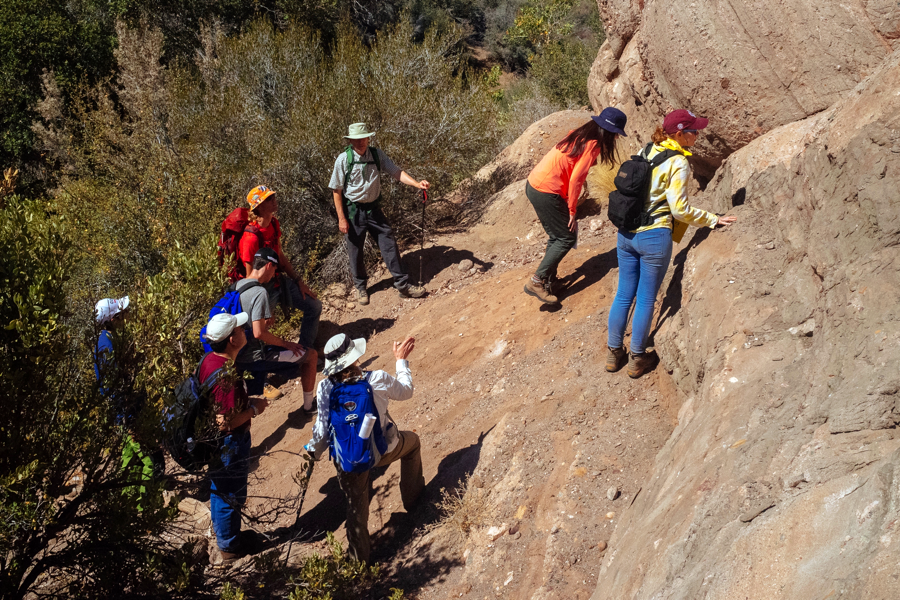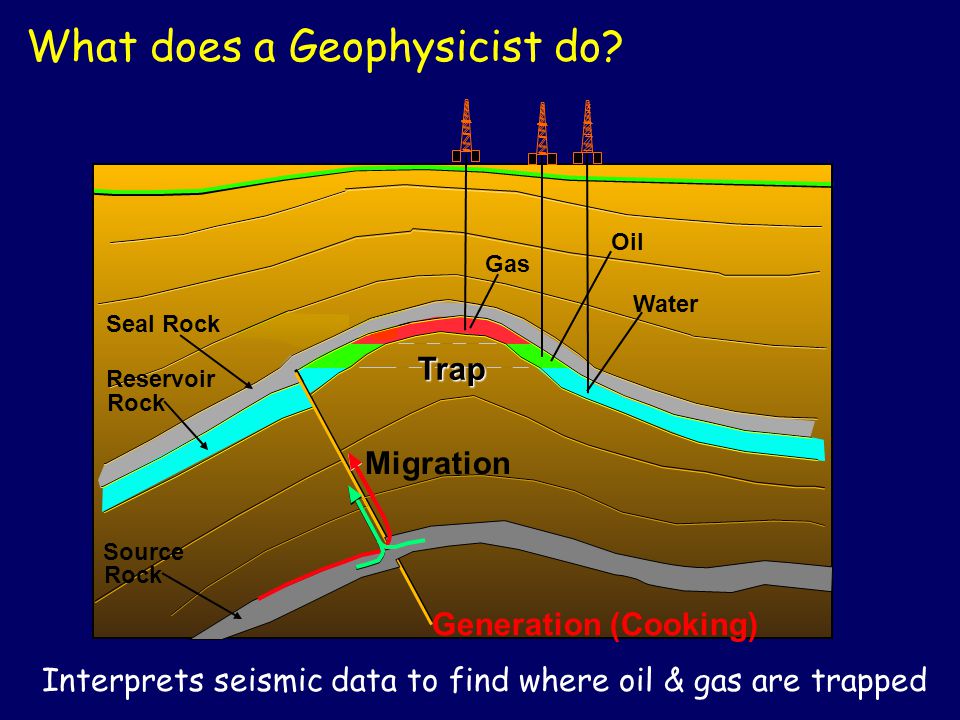All Categories
Featured
Table of Contents
Geophysical Survey And Investigations in Heathridge Western Australia 2023

The main design for the radial structure of the interior of the Earth is the initial referral Earth design (PREM). Some parts of this design have been updated by recent findings in mineral physics (see post-perovskite) and supplemented by seismic tomography. The mantle is generally made up of silicates, and the borders between layers of the mantle follow stage shifts.

This makes plate tectonics possible. Schematic of Earth's magnetosphere. The solar wind Circulations from left to. If a world's electromagnetic field is strong enough, its interaction with the solar wind forms a magnetosphere. Early area probes mapped out the gross measurements of the Earth's electromagnetic field, which extends about 10 Earth radii towards the Sun.
Inside the magnetosphere, there are relatively thick regions of solar wind particles called the Van Allen radiation belts. Geophysical measurements are normally at a specific time and place. Precise measurements of position, in addition to earth contortion and gravity, are the province of geodesy. While geodesy and geophysics are separate fields, the two are so closely linked that lots of scientific organizations such as the American Geophysical Union, the Canadian Geophysical Union and the International Union of Geodesy and Geophysics incorporate both.
Geophysical Survey - An Overview in Swan View WA 2023
A three-dimensional position is determined utilizing messages from four or more visible satellites and described the 1980 Geodetic Reference System. An option, optical astronomy, integrates huge collaborates and the regional gravity vector to get geodetic coordinates. This approach only offers the position in two coordinates and is more challenging to utilize than GPS.
Relative positions of 2 or more points can be figured out using very-long-baseline interferometry. Gravity measurements entered into geodesy due to the fact that they were required to associated measurements at the surface of the Earth to the referral coordinate system. Gravity measurements on land can be used gravimeters released either on the surface or in helicopter flyovers.
Sea level can likewise be determined by satellites utilizing radar altimetry, adding to a more accurate geoid. In 2002, NASA released the Gravity Recovery and Climate Experiment (GRACE), in which 2 twin satellites map variations in Earth's gravity field by making measurements of the range between the two satellites using GPS and a microwave varying system. Satellites in space have actually made it possible to gather information from not only the noticeable light region, however in other areas of the electro-magnetic spectrum. The worlds can be defined by their force fields: gravity and their magnetic fields, which are studied through geophysics and area physics. Determining the changes in acceleration experienced by spacecraft as they orbit has enabled fine details of the gravity fields of the planets to be mapped.
Geophysicist Jobs in Subiaco Australia 2020

Considering that geophysics is worried with the shape of the Earth, and by extension the mapping of functions around and in the world, geophysical measurements consist of high precision GPS measurements. Once the geophysical measurements have actually been processed and inverted, the analyzed results are plotted utilizing GIS.
Numerous geophysics companies have actually created internal geophysics programs that pre-date Arc, GIS and Geo, Soft in order to meet the visualization requirements of a geophysical dataset. Exploration geophysics is used geophysics that often uses remote picking up platforms such as; satellites, airplane, ships, boats, rovers, drones, borehole sensing devices, and seismic receivers.
For example, aeromagnetic data (airplane collected magnetic information) collected using traditional fixed-wing aircraft platforms should be fixed for electro-magnetic eddy currents that are developed as the airplane moves through Earth's magnetic field. There are likewise corrections associated with modifications in determined prospective field intensity as the Earth turns, as the Earth orbits the Sun, and as the moon orbits the Earth.
Geophysics, Engineering Geophysics And Applied ... in Carlisle Oz 2023
Signal processing includes the correction of time-series information for undesirable sound or errors introduced by the measurement platform, such as aircraft vibrations in gravity information. It also involves the reduction of sources of sound, such as diurnal corrections in magnetic information., meteorology, and physics.
The magnetic compass existed in China back as far as the 4th century BC. It was used as much for feng shui when it comes to navigation on land. It was not until good steel needles might be created that compasses were used for navigation at sea; prior to that, they could not maintain their magnetism long enough to be helpful.
By looking at which of 8 toads had the ball, one might identify the direction of the earthquake. It was 1571 years before the very first style for a seismoscope was released in Europe, by Jean de la Hautefeuille. It was never ever built. Among the publications that marked the start of modern-day science was William Gilbert's (1600 ), a report of a series of meticulous experiments in magnetism.
Geophysicist in Darlington Australia 2020
Geochemistry, Geophysics, Geosystems. National Aeronautics and Area Administration. Retrieved 13 November 2018.
Runcorn, S.K, (editor-in-chief), 1967, International dictionary of geophysics:. Pergamon, Oxford, 2 volumes, 1,728 pp., 730 fig Geophysics, 1970, Encyclopaedia Britannica, Vol. Introduction to seismology (2nd ed.).
Latest Posts
Geophysical Survey In Archaeology in Neerabup Australia 2022
Geophysicists in Glen Forrest WA 2020
Geophysical Survey in Lockridge Oz 2023